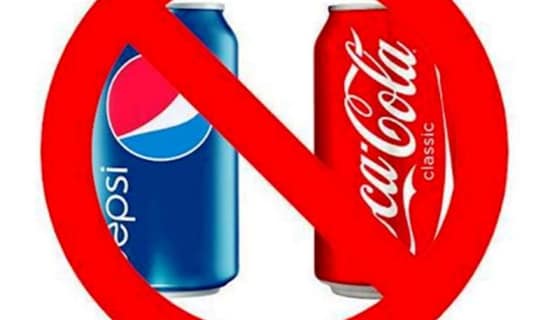A July 6, 2020 article, published by the IRGC-affiliated Mehr News Agency (MNA,) provided an assessment of the recent changes introduced by Iraqi Prime Minister Mustafa Al-Kadhimi to the Iraqi security institution, arguing that that his intention was to contain the Popular Mobilization Units (PMU) and empower U.S. forces in Iraq.
The article, titled "What are the purposes behind Iraqi Prime Minister Muustafa Al-Kadhimi's hidden moves?" was authored by Ramin Hassan Abadi, who accused Al-Kadhimi of neglecting his main duty of ousting U.S. forces from Iraq. The author added that Al-Kadhimi has failed to improve the living conditions of the Iraqi people, and criticized him for allowing U.S. forces to violate Iraq's sovereignty. The article also condemned Al-Kadhimi for failing to take action against a Saudi-funded newspaper that had published a cartoon depicting top Shi'ite cleric Ali Al-Sistani.
The following is a full translation of the article:[1]
"The changes and developments of the past few weeks in Iraq represent a puzzle, but when we put the pieces together, the picture - which was unclear before Mustafa Al-Kadhimi took office - becomes very clear.
"He was assigned to carry out four critical strategic tasks. First among these was improving living conditions and saving the Iraqi economy from collapse. On the other hand, his other priority was to pave the way for an early parliamentary election, but he has ignored this task as well.
"He has not taken any step in this direction during his tenure. It is as if he is planning to stay Prime Minister until the end of the current parliamentary term. This comes at a time when the top Shi'ite cleric in Iraq, Ayatollah Ali Al-Sistani, has extended, via his representatives, his support for holding early elections. Yet Al-Kadhimi has ignored this priority. Some said that the Shi'ite political parties had demanded that the parliamentary decision to oust U.S. forces from Iraq should be implemented first, as a condition for their approval of early elections. However, there has been no attempt to oust occupying U.S. forces from Iraq.
"Hadi Al-Ameri, leader of the Fatah parliamentary bloc, has sharply criticized this situation when he addressed Al-Kadhimi saying: 'What sovereignty are you talking about? And what stature or dignity of state are you referring to while the occupiers freely roam Iraq's skies?'[2]
"Based on the above, it is clear that Iraqi PM Mustafa Al-Kadhimi has changed his priorities and replaced them with new ones. He is seeking, among other things, to place obstacles in the path of the Hashad [Popular Mobilization Units], as evidenced by his allowing U.S. forces to move freely without any pressure in the country, and by the recent suspicious and ambiguous changes he introduced to the security institution.
"He issued an order to assign General Abdul Ghani Al-Assadi as a director of national security, and another to replace Falih Al-Fayadh as national security advisor with Qassim Al-A'raji. The new changes bring uncertainty to the security situation, especially with the appointment of Al-Assadi, who was a part of the brutal Saddam regime, and was retired two years ago by former Prime Minister Adel Abdul Mahdi. Assigning someone like him tp the top of Iraq's national security institution conveys several messages - among them satisfying the Americans. Al-Fayadh is very close to the Hashad, and has always been close to the leadership circle of the jihad against Takfiri terrorism. Hence, firing him is a negative message directed against the Hashad.
"In addition, there are U.S. military moves in Iraq., including the testing of a new missile system by the U.S. embassy in Iraq. Al-Kadhimi has allowed Washington to violate Iraqi national sovereignty. Testing a missile system on the land of an independent state is a violation of international laws, yet the Iraqi Prime Minister is still reluctant to take act decisively to ensure such illegal acts by U.S. forces do not happen again.
"Adding to his record of failures, Al-Kadhimi did not take action against the offensive cartoon published by the Saudi Asharaq Awsat newspaper, which depicted top cleric Ayatollah Al-Sistani. Many Iraqi and non-Iraqi figures condemned the Saudi act, but Al-Kadhimi refused to even take action against the newspaper.[3]
"Generally, when you put all these puzzle pieces together, [...] one finds that the Iraqi Prime Minister has a hidden, but key role in these sabotaging changes, which aim to shift Iraqi priorities towards meeting American demands."

A screenshot of the translated article. [Source: Mehrnews.com, July 6, 2020]








